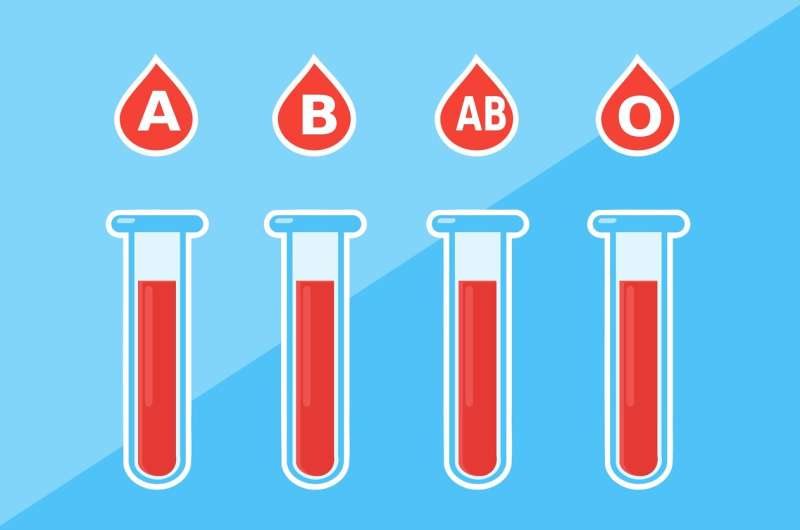Tumor Byproduct Impairs Immune Response by Blocking T Cells: A New Therapeutic Target

Recent research from the University of Chicago and the University of Pittsburgh has uncovered a novel mechanism by which tumors evade immune attack. The investigators identified a previously unrecognized metabolite, phosphoethanolamine, that accumulates in the tumor microenvironment and hampers the ability of immune cells, particularly CD8+ T cells, to fight cancer. Contrary to earlier assumptions that nutrient deprivation suppresses immune function, this study reveals that the buildup of specific metabolites within tumors actively suppresses immune responses.
The tumor microenvironment is a complex and often hostile milieu, characterized by reduced oxygen and nutrient availability due to abnormal blood vessels and intense metabolic activity of cancer cells. These conditions lead to metabolic reprogramming in both cancer and immune cells, which can impede immune surveillance.
Using advanced measurement techniques, the research team analyzed over 100 nutrients within tumors and discovered that, rather than a shortage of essential nutrients, there is an excess accumulation of phosphoethanolamine—a metabolite that directly interacts with T cells, weakening their capacity to target and eliminate cancer cells. This consistent buildup was observed across both human and mouse tumor models, indicating a common tumor strategy for immune evasion.
This insight has significant implications for immunotherapy. It suggests that measuring and targeting tumor-specific metabolites like phosphoethanolamine could enhance the effectiveness of existing treatments by reversing immune cell suppression. The researchers are now investigating why phosphoethanolamine accumulates and exploring therapeutic strategies to inhibit its effects, with the aim of restoring T cell activity and improving patient outcomes.
In the future, targeting the metabolic environment within tumors could provide a new avenue for cancer treatment, potentially overcoming current resistance to immunotherapies. Continued research may lead to the development of biomarkers for tumor burden and immune suppression, paving the way for personalized and more effective cancer therapies.
Source: https://medicalxpress.com/news/2025-04-tumor-byproduct-blocks-immune-cells.html
Stay Updated with Mia's Feed
Get the latest health & wellness insights delivered straight to your inbox.
Related Articles
How a Past Injury Can Lead to Lasting Changes in Stress and Pain Responses
Learn how past injuries can cause long-lasting changes in the brain, leading to heightened stress and pain responses, even after healing. New research reveals the neural mechanisms behind this phenomenon and potential therapeutic targets.
Medicaid Innovation Models Enhance Maternal Care Outcomes When Designed Effectively
Research shows that Medicaid ACOs can significantly improve maternal health outcomes when designed thoughtfully, focusing on engagement, timely postpartum care, and depression screening. Effective models can help address the maternal health crisis in the U.S.
Limited Recommendations for Routine Vaccinations During Pregnancy in the U.S.
A recent survey shows that less than half of Americans support recommending routine vaccines, like flu, Tdap, and RSV, during pregnancy, amid ongoing debates over COVID-19 vaccination guidance for pregnant women.
Revolutionary Enzyme Technique Brings Us Closer to Universal Donor Organs for Transplantation
Innovative enzyme-based technology at the University of British Columbia has achieved a significant milestone in bringing universal donor kidneys closer to reality, potentially revolutionizing organ transplantation and saving lives.



